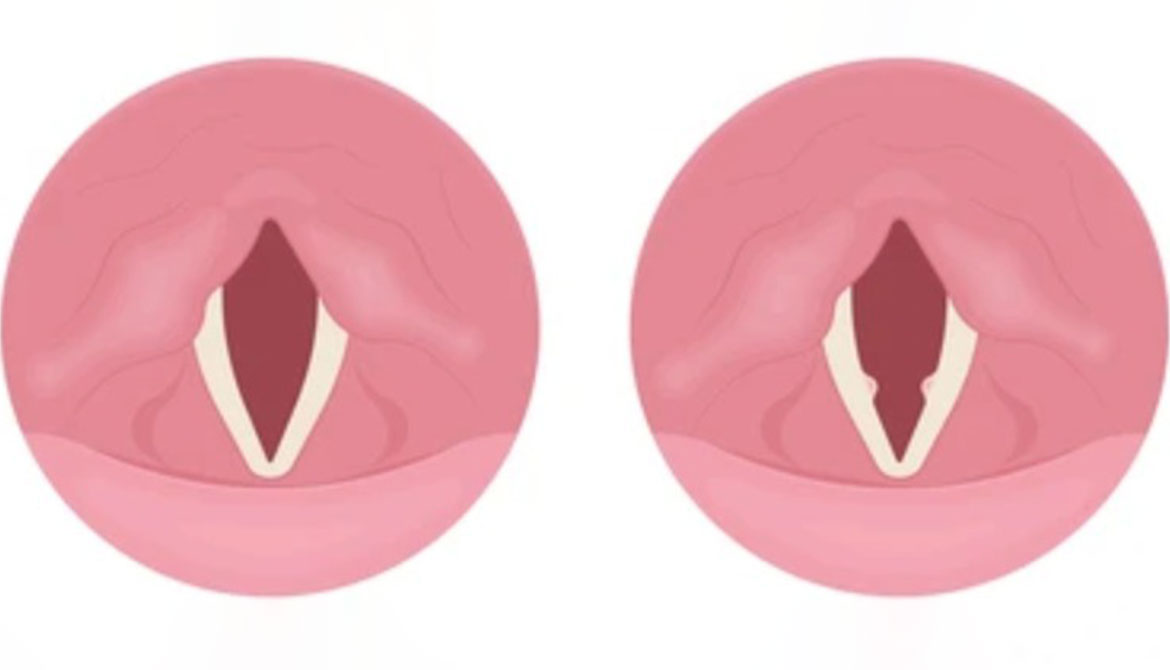Our voice is an important part of our identity.
Intensive and improper use of the voice can lead to callus-like formations on the vocal cords. These localized calluses, caused by the improper contact of the vocal cords, are known as vocal cord nodules. They typically form at the point where the two vocal cords come into direct contact. Nodules are the body’s defensive response to trauma in the vocal cords and are benign (non-cancerous) formations.
Vocal cord nodules cause hoarseness and voice cracking. Individuals may experience fatigue while speaking. The quality of the voice changes, losing its brightness and clarity. Voice quality may be particularly worse in the morning upon waking.
People with vocal cord nodules generally overuse or misuse their voices. They tend to speak loudly, often have a history of smoking, suffer from acid reflux, may have allergies, and typically do not consume enough water.
The diagnosis of vocal cord nodules is made through endoscopic visualization of the vocal cords. Nodules usually appear as symmetrical, round structures on opposing sides of the cords.
The primary treatment method for vocal nodules is voice therapy. In the early stages, nodules can completely regress with therapy. Underlying conditions such as reflux or allergies should also be treated medically.
If nodules do not regress with conservative treatments like therapy, surgical intervention may be recommended. After surgery, voice rest and continued voice therapy are essential.
To prevent the formation of nodules on the vocal cords, it is important to avoid overusing the voice, drink plenty of water, avoid smoking and alcohol, ensure humid indoor air, and for those who use their voice professionally, receive professional voice training.
If you are experiencing changes in your voice, it is recommended that you consult an ENT specialist for a vocal cord examination.


